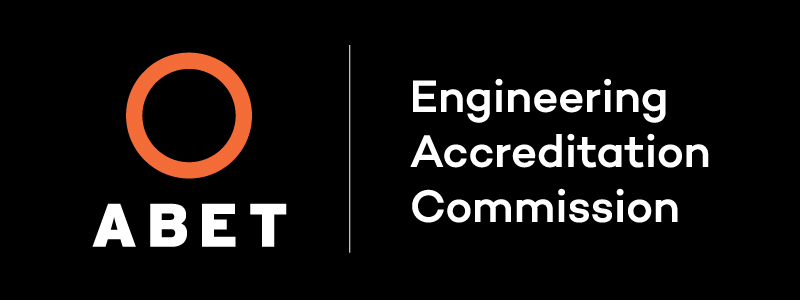ECE 3504 - Principles of Computer Architecture (3C)
Course Description
Instruction formats and construction. Addressing modes. Memory hierarchy (cache, main memory and secondary memory) operation and performance. Simple pipelines. Basic performance analysis. Simple Operating System (OS) functions, particularly as they relate to hardware. Virtual memory. Computer Input/Output (I/O) concepts, including interrupt and Direct Memory Access (DMA) mechanisms. Intercomputer communication concepts. Processor design.
Why take this course?
Computer systems play an integral role in all facets of the engineering profession. Systems users are always in need of faster, more powerful, yet cheaper computer systems. This course provides an understanding of the processor-level components of computer systems, their design and operation, and their impact on the overall performance of the systems. Further, the course lays out the basic functions of an operating system as they relate to computer hardware.
Learning Objectives



